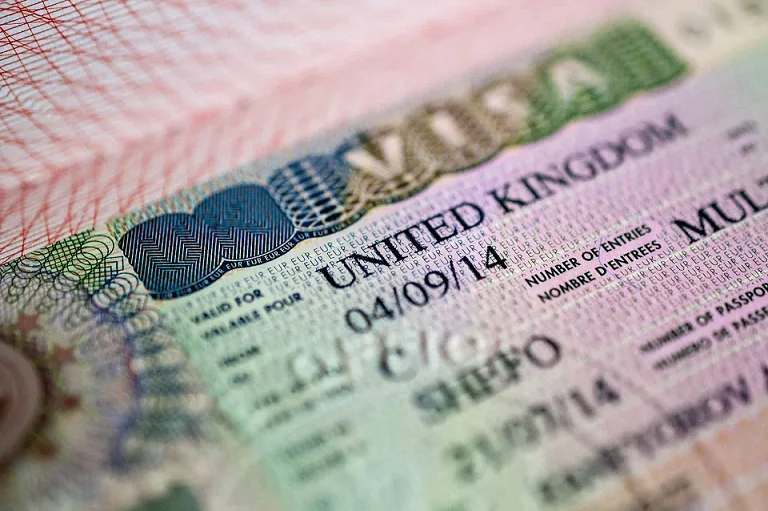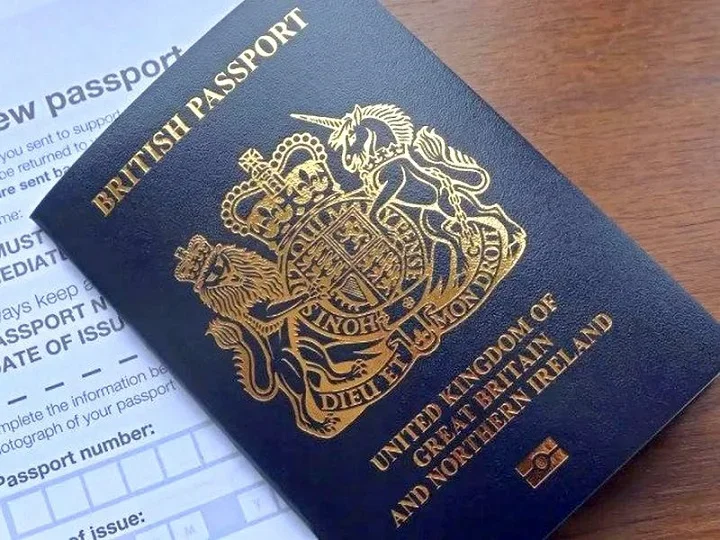Right of Abode

The right to reside in the UK refers to an individual’s right to be lawfully present and reside in the UK, either permanently or temporarily. This right can be acquired in many ways and depends on many factors such as nationality, immigration status and other circumstances.
The right of residence is the permission granted to a foreign national to legally reside in the country for a fixed period of time or indefinitely. It can be temporary, such as a student or work visa, or permanent, as in the case of permanent resident status.
Permanent Right of Residence – After a certain period of lawful residence in the UK, an individual may be eligible to apply for permanent residence. This usually provides the individual with the ability to reside in the country indefinitely without the need to extend their visa.
The right of residence can be acquired in a variety of ways including family ties, work, study or through the right to asylum. The UK has various immigration programs and visa categories, each with its own criteria and requirements.
Individuals with the right of residence are usually entitled to work, study and receive social benefits under UK laws. However, they are also bound by the laws of the country and can lose their right of residence if they commit serious crimes or violate immigration rules.
The right of residence in the UK is a complex and multifactorial system that allows individuals to stay and reside in the country legally under certain conditions. This right provides stability and security for many migrants, but also requires strict adherence to UK laws and regulations.
The Laws of Right to Abode UK
The right to reside in the UK is a key part of the country’s immigration system and is governed by a range of legislation, directives and regulations. This right determines who can live, work and study in the country and who can access public goods and services.
- Immigration Act 1971: This fundamental piece of legislation created the basis of the modern immigration system in the UK. It defines the main categories of foreigners who can enter and reside in the country, taking into account their purpose of arrival – whether for work, study, family reunification or other reasons.
- Immigration Rules: These are a detailed set of guidelines and conditions that define the requirements for each immigration category. From entrepreneur visas to student visas, each category has specific criteria and requirements that applicants must fulfill.
- Nationality, Immigration and Asylum Act 2002: This is an important addition to immigration law that has introduced many changes, strengthening the control and management of the asylum process as well as the integration of refugees.
- European Immigration Act (EEA Regulations) 2016: Prior to the completion of Brexit, this act regulated the rights of EEA nationals to reside in the UK. After the end of the transition period, these rules continue to apply to those who were already in the country.
In addition to the above-mentioned laws, there are a number of other documents and programs aimed at certain groups of migrants, such as young professionals, researchers or those coming under a resettlement scheme.
The main criterion for the right of residence is proof that the person can and will make a positive contribution to society and the UK economy without posing a threat to public safety.
What are Commonwealth Countries in the UK
The Commonwealth of Nations, also known as the Commonwealth, is an international association of 54 independent nations. These countries, most of which are former colonies of the British Empire, are united not only by historical ties but also by shared values such as democracy, human rights, and economic development.
Commonwealth Countries
Among the countries that make up the Commonwealth are large and influential nations such as India, Canada, Australia and South Africa. However, the Commonwealth also includes smaller nations such as Nauru, Tuvalu and St. Kitts and Nevis. All of these nations, regardless of size and level of development, share common principles and goals established by the Commonwealth Charter.
Commonwealth countries actively cooperate in various fields such as education, science, culture and sports. An example of such cooperation is the Commonwealth Games, held every four years and bringing together athletes from all member countries.
Commonwealth Citizen
A Commonwealth citizen is a person who holds citizenship of one of the Commonwealth member states. Under UK law, especially the British Nationality Act 1981, Commonwealth citizens living in the UK have certain rights that may differ from those of non-Commonwealth citizens.
In particular, Commonwealth citizens living in the UK have the right to vote in all types of elections, including parliamentary and local elections. They also have the right to join the British Army and to receive certain state benefits.
However, it is worth noting that only those Commonwealth citizens who have permanent residency in the UK since 1983 can vote in UK elections
The Commonwealth of Nations is a unique association that brings together countries with different histories, cultures and economies. Commonwealth citizens living in the UK enjoy certain benefits and rights that are established by British law.
What Documents are Required for Permanent Residence in the UK
Residing in the UK is coveted by many foreigners, but in order to realize this dream, certain procedures must be followed and a number of documents must be submitted. This process, governed by UK law, requires detailed study and a responsible approach.
Basic Documents
- Passport or identity document: In addition to being valid for the entire period of stay, many visa categories require a certain number of blank pages for visas and stamps.
- Proof of residency: Your documents should reflect the address where you plan to reside. It is important that the documents are current and up to date.
- Financial documents: In addition to salary statements or bank statements, you may be required to provide documentation of property, stocks or other investments.
- Evidence of employment or study: The employer or educational institution must provide supporting documents on official letterhead, often including details of the contract or training program.
- Health insurance: Having insurance will ensure that you do not have to pay for most medical services, which is especially important for longer stays.
- Marital status documents: Depending on the type of visa, documents such as marriage or birth certificates for children can play a key role in the process.
Applicants are often faced with the need to translate and notarize documents. It is important to ensure that documents are up to date, as many have expiration dates.
The UK may also require a criminal record certificate, which is proof that the applicant has not been in trouble with the law in their home country or countries of residence for the past five years.
Obtaining the right to reside in the UK is a complex and multi-step process that requires careful preparation. At each stage, it is important to strictly follow the requirements and guidelines to increase the chances of a successful application. If you encounter difficulties, it is advisable to seek legal advice from legal professionals who specialize in UK immigration matters.

Application Fees
The application for a “Certificate of Entitlement to the Right of Abode” grants the right to reside freely in the UK. This document is an essential tool for those seeking to settle in the United Kingdom without time restrictions.
There is a financial cost involved in making an application. The cost of the application depends on where you apply:
- If you are applying from within the UK, the cost is £372.
- If applying from outside the UK, the cost increases to £388.
These amounts have been set according to current fees and may change depending on UK government decisions. Therefore, it is recommended to regularly check the current cost figures on official resources or consult with specialists.
Certificate of Entitlement to the Right of Abode Validity Period
The Certificate of Entitlement to the Right of Abode gives its holder an unlimited right to reside in the UK. The question of its validity is an issue for many applicants and holders of this document.
The certificate itself does not have a limited period of validity. However, it is attached to the holder’s passport and its validity is linked to the validity period of this passport. When the passport expires or is replaced, the certificate loses its validity.
In this case, if the holder wishes to retain their right to reside in the UK, they should apply for a new certificate and attach it to their new passport.
Although the Certificate of Entitlement to the Right of Abode itself has no expiration date, its validity is linked to the validity of the passport to which it is attached. Holders of this certificate should take this nuance into account and timely update the document if necessary.
Application Processing Time
Obtaining a “Certificate of Entitlement to the Right of Abode” is a procedure that gives the right to reside freely in the UK. The question of the time required to complete this procedure is one of the most pressing issues for potential applicants.
The time taken to process an application for this certificate depends on several factors, including the completeness and correctness of the documents submitted, the workload of the immigration services at a particular time, and special circumstances that may arise in individual cases.
In practice, once all the required documents have been submitted and the application has been filed, the processing can take anywhere from a few weeks to several months. However, at certain times, such as during holidays or due to an increase in the number of applications, the process may take longer than usual.
